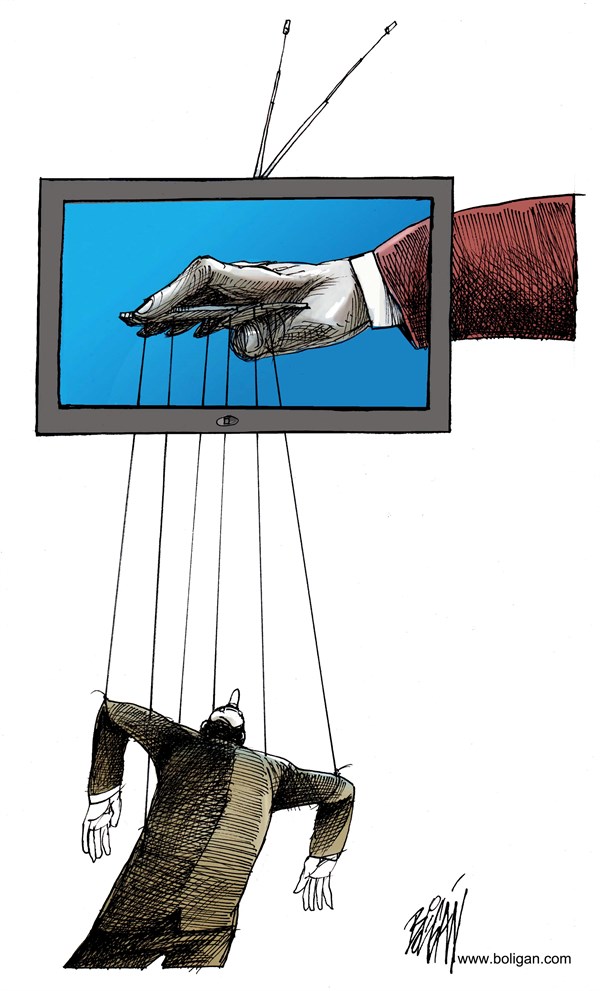 As the media perceive themselves.
As the media perceive themselves.
President Trump and I have something in common. We were both invited to last Saturday's White House Correspondents' Dinner and we declined.
The president wasn't interested in hearing himself mocked by an industry that holds him to a different standard than his predecessor and I wasn't interested in hearing the predictable jokes denigrating all things Republican, conservative and
Beyond the less than funny standup act by the "comedian"
And it's not just
When it was time for him to speak, Woodward uttered these immortal lines: "Mr. President, the media is (sic) not fake news."
Leaving aside the grammatical error (the media are plural, though not politically pluralistic), Woodward and the audience may think that of themselves, but it's not what large numbers of Americans think. What other business operates like that? By its insensitivity to what readers and viewers believe about reporters and anchors at the big newspapers and TV networks, too many in my profession are like the person with lung cancer who keeps smoking, believing his frequent coughing is due to a bad cold.
Days before the dinner, an opinion poll by Morning Consult, a media and technology company specializing in polling and market research analysis, found that "...roughly half (51 percent) of Americans said the national political media '(are) out of touch with everyday Americans,' compared with 28 percent who said (they) "understand the issues everyday Americans are facing."
Do the deciders of what to cover and what not to cover (bias can also be observed in what is not reported) ever sit with people who don't trust them, refuse to subscribe to their newspapers and don't watch their news programs and address their concerns?
I have. These conservatives tell me the major media rarely present their views fairly and accurately, if at all. They see the media fixated on cultural issues like transgender rights and same-sex bathrooms. They read and see liberals treated as compassionate folks who care about people while observing conservatives portrayed as humorless, hate-filled and overly concerned with the accumulation of wealth. Who needs to read and watch that every day?
To their credit, The New York Times recently hired pro-
That's a start and the
If others recognize the problem they have with news consumers who have gone elsewhere (and not always to the best places) for their information, they might see their approval numbers improve and readers and viewers return.
Cal Thomas, America's most-syndicated columnist, is the author of 10 books.


 Contact The Editor
Contact The Editor
 Articles By This Author
Articles By This Author